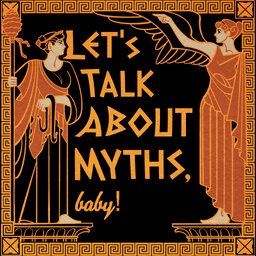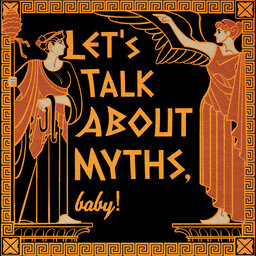Conversations: Beyond the Binary, the Divine Madness of Dionysus w/ Chiara Baldini
Liv speaks with raver and researcher Chiara Baldini who talks Dionysus, pre-patriarchal goddesses, and ecstatic worship. Read more from Chiara on Academia.edu and find her Advaya courses here. Help keep LTAMB going by subscribing to Liv's Patreon for bonus content!
CW/TW: far too many Greek myths involve assault. Given it's fiction, and typically involves gods and/or monsters, I'm not as deferential as I would be were I referencing the real thing.
Attributions and licensing information for music used in the podcast can be found here: mythsbaby.com/sources-attributions.
 Let's Talk About Myths, Baby! Greek & Roman Mythology Retold
Let's Talk About Myths, Baby! Greek & Roman Mythology Retold


